

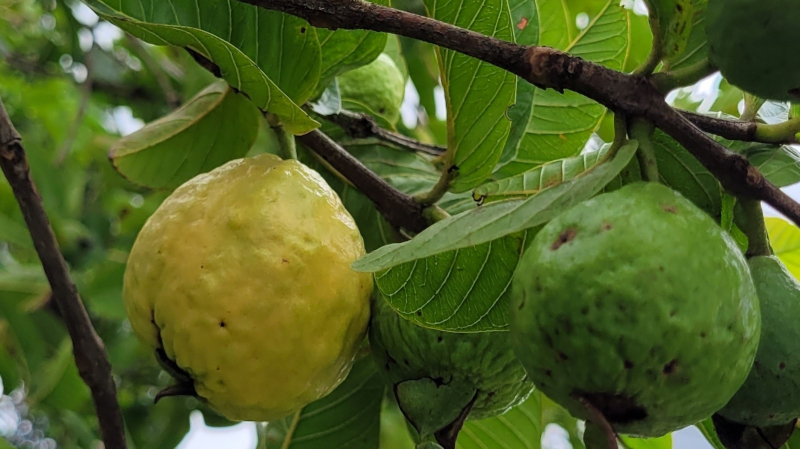
Radiation was able to combat anthracnose, a fungal disease that causes dark lesions on the fruit, rendering it unfit for consumption.

Radiation was able to combat anthracnose, a fungal disease that causes dark lesions on the fruit, rendering it unfit for consumption.
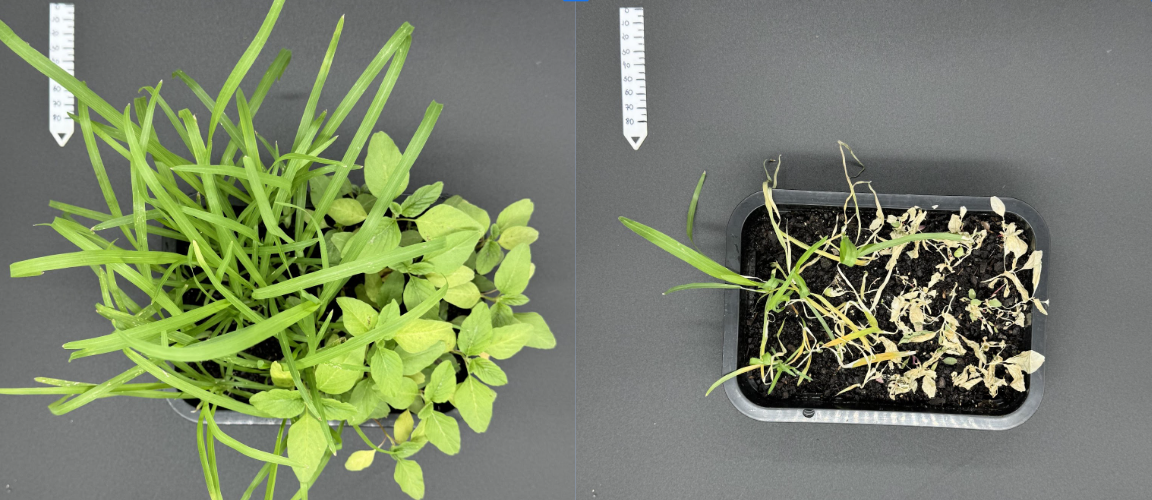
Scientists warn that terms such as “sustainable” must be used correctly and that the natural components of these products do not eliminate environmental concerns.

Scientists warn that terms such as “sustainable” must be used correctly and that the natural components of these products do not eliminate environmental concerns.
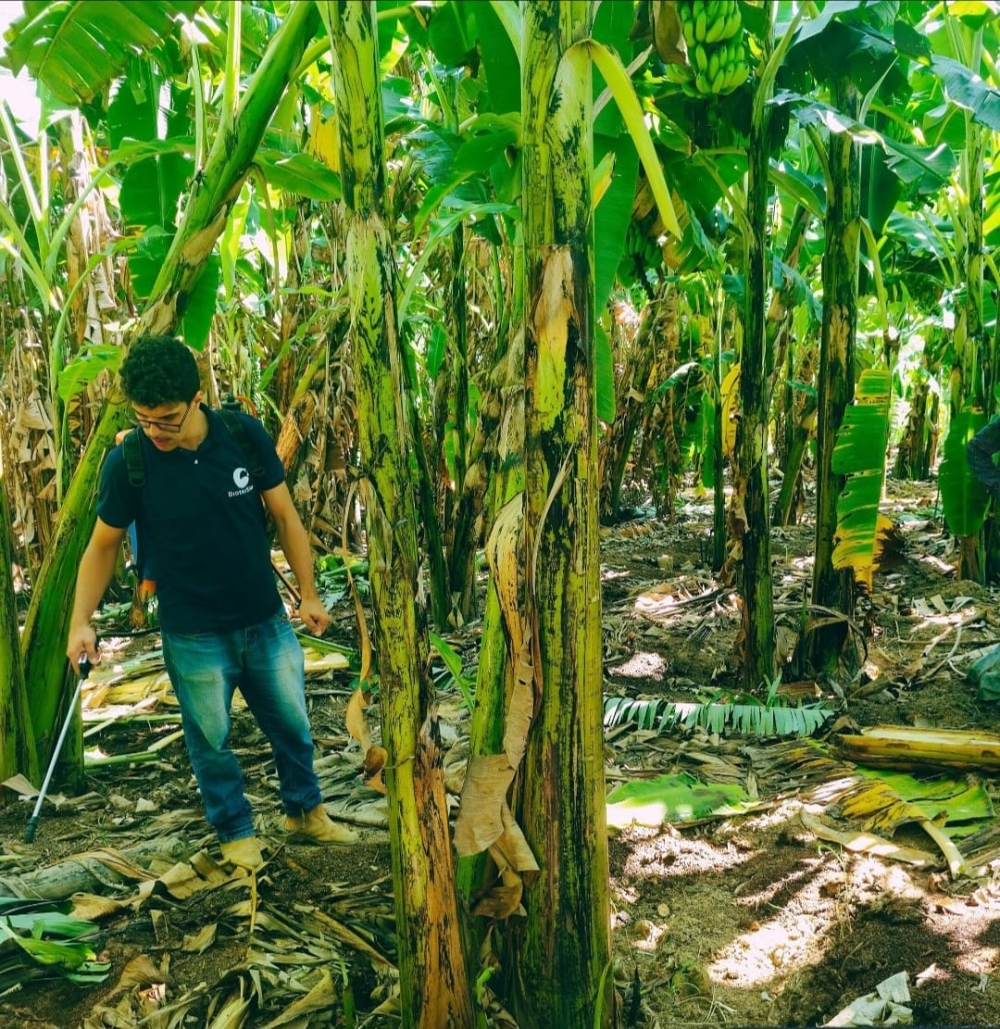
FAPESP-supported startup is developing a biostimulant that regenerates soil and increases the productivity and resilience of various crops.

FAPESP-supported startup is developing a biostimulant that regenerates soil and increases the productivity and resilience of various crops.
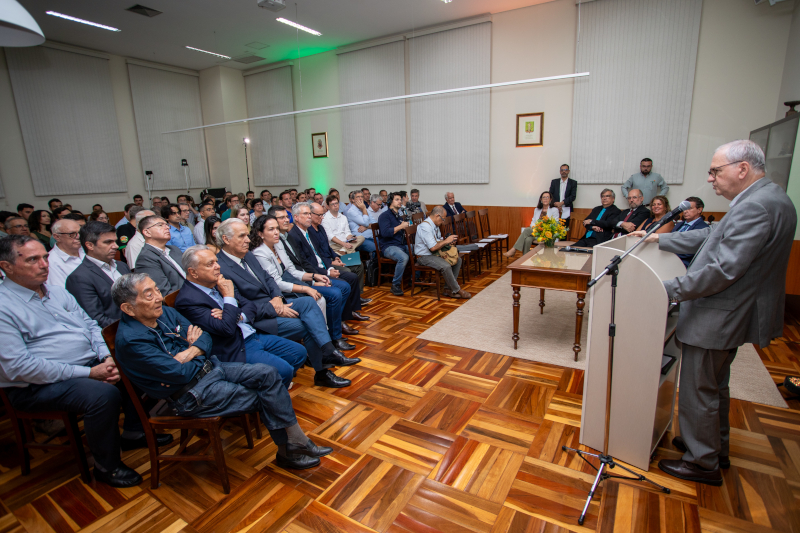
With an investment of BRL 200 million, ARC-Citros, created by FAPESP in partnership with Fundecitrus and ESALQ-USP, aims to advance the identification of strategies to combat greening.

With an investment of BRL 200 million, ARC-Citros, created by FAPESP in partnership with Fundecitrus and ESALQ-USP, aims to advance the identification of strategies to combat greening.
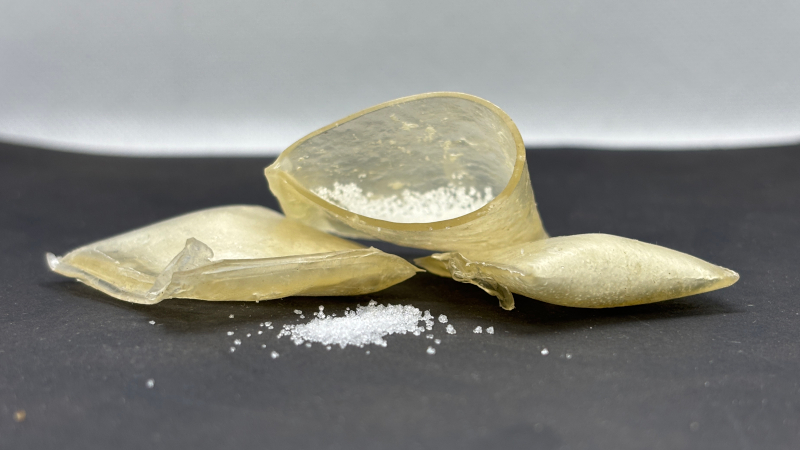
Nanoparticle-reinforced wrappers can be filled with various formulations of the granular products needed for crops, a versatility that facilitates application by agribusiness.

Brazilian technology from Nanox is recognized for its solution to reduce food loss and waste. The Center for Development of Functional Materials is a FAPESP Research, Innovation, and Dissemination Center based at UFSCar.
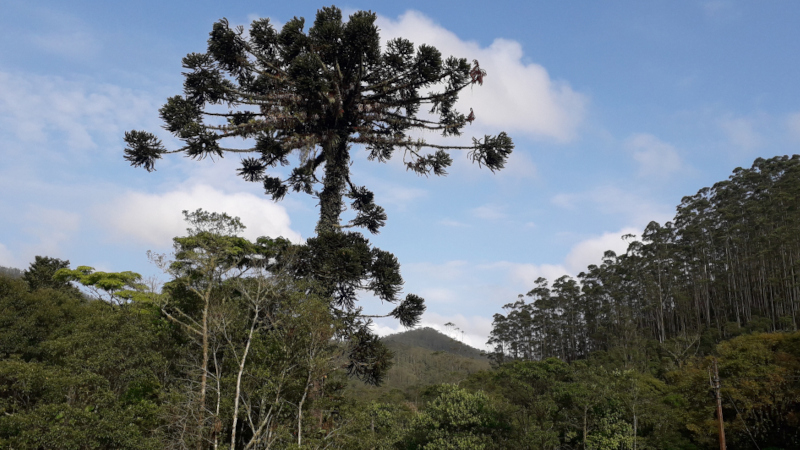
Study identifies 167 native species of the Atlantic Forest with bioeconomic applications: 58% in the medical field, 12% in cosmetics, and 5% in the food sector; 78 species (46.7%) have patents registered in 61 countries, only 8% of them in Brazil.
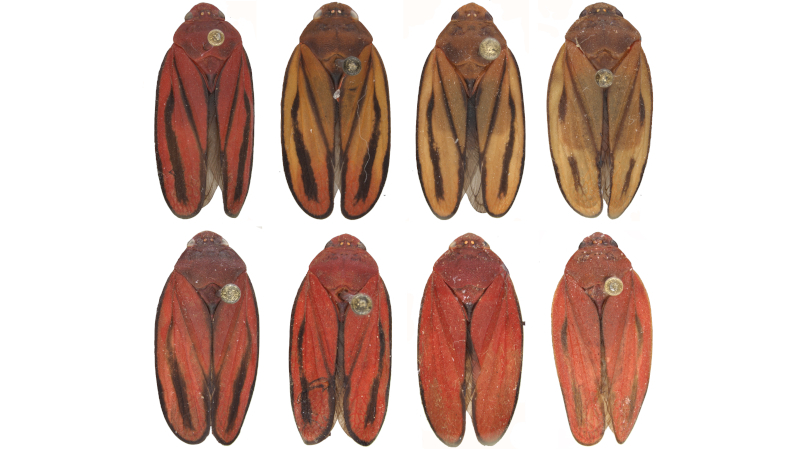
Analyses show that a sugarcane spittlebug, found in the Southeast and South of Brazil since the 1960s, was mistaken for other species that are similar to the naked eye.

One of the world’s leading experts on the fruit, Hervé Rogez, a professor at the Federal University of Pará, warns about the social, environmental, and economic impacts of “açaízation” in the Amazon.
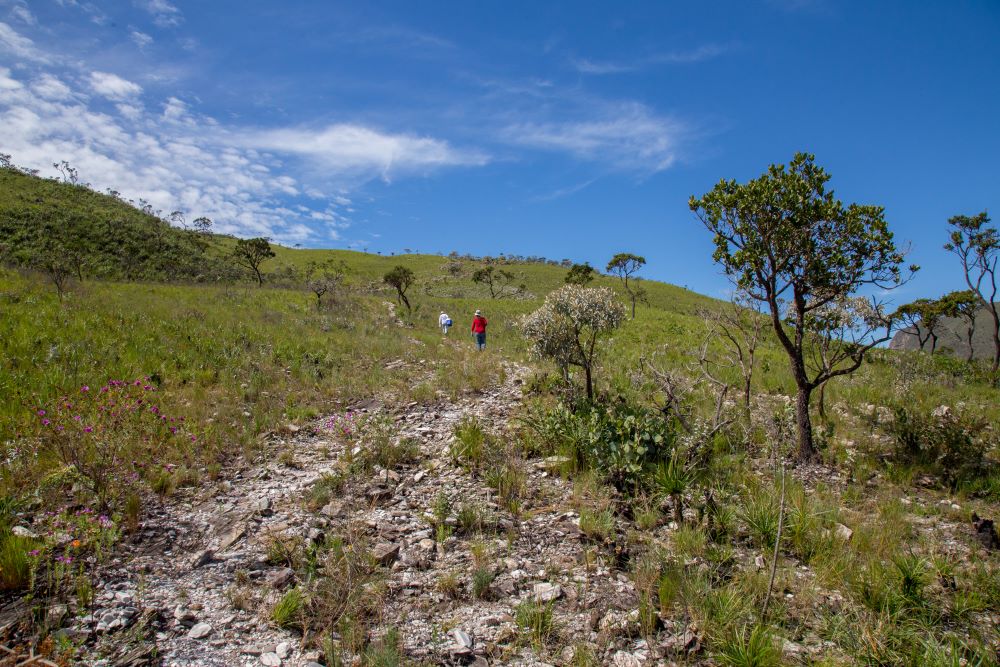
A study has identified more than 257,000 species of bacteria and archaea in velozias, which are plants that thrive in extreme environments of drought, heat, and poor soil, such as this mountainous savannah ecoregion. The results could guide conservation initiatives and biotechnological solutions for soil management in arid conditions.
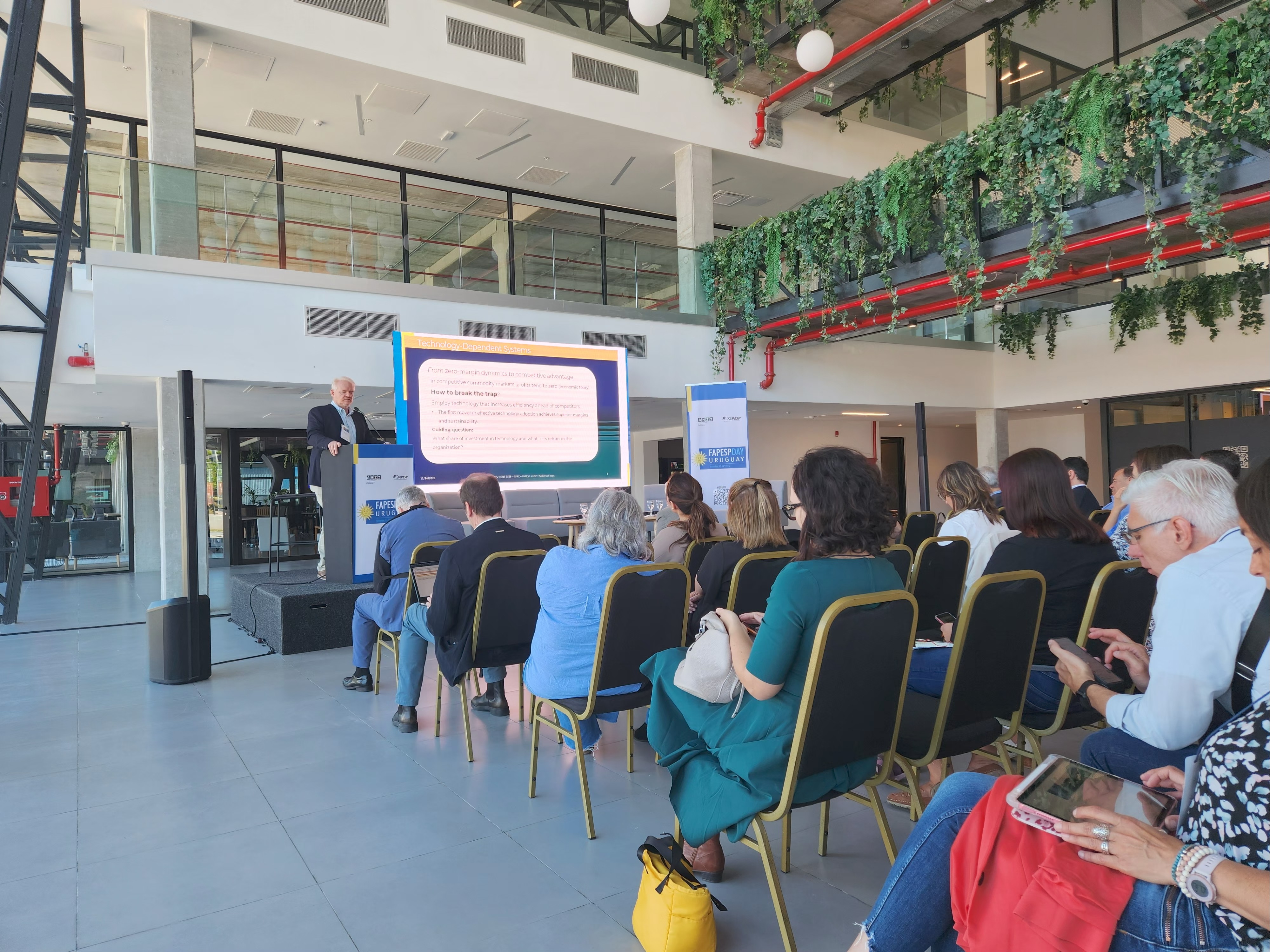
Professor Sérgio de Zen presented the project during the FAPESP Day Uruguay symposium. An investment of USD 20 million over five years is planned.

Professor Sérgio de Zen presented the project during the FAPESP Day Uruguay symposium. An investment of USD 20 million over five years is planned.
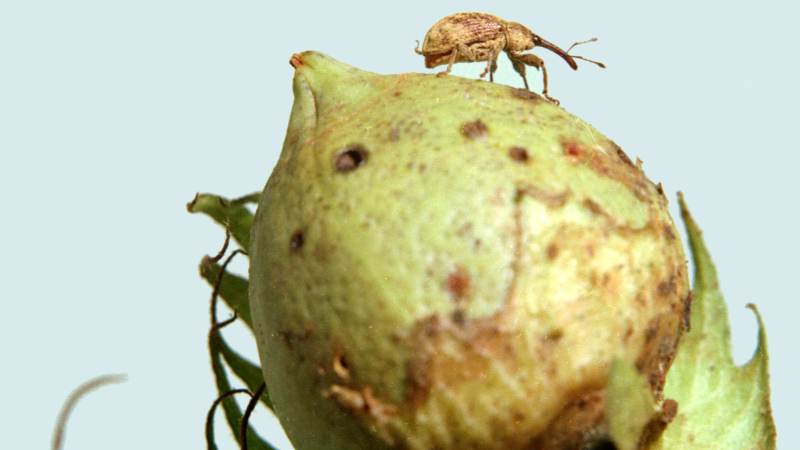
Researchers revisit advances in generating genetically modified plants that prevent bedbugs, beetles, weevils, and woodworms from digesting starch.
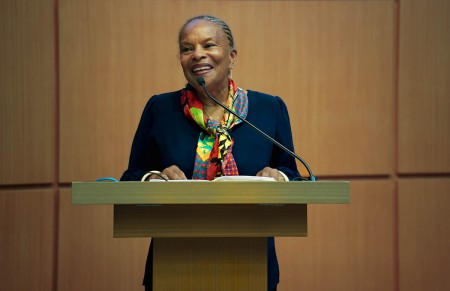
With COP30 in Belém approaching, the ideas of the former French Minister of Justice are gaining momentum, inviting us to rethink multilateralism and the structure of the institutions that shape the world.
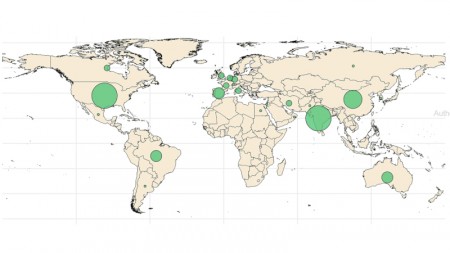
Regions most vulnerable to climate change and environmental degradation produce the least local knowledge on the subject.
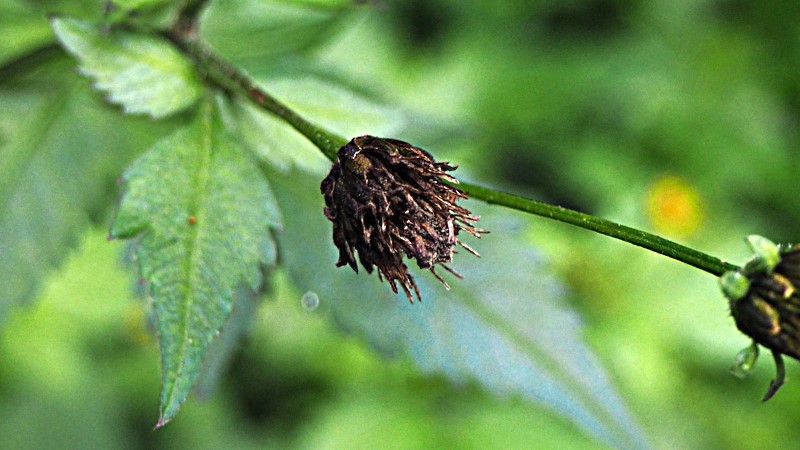
Often treated as waste from the pulp and paper industry, lignin, a polymer responsible for the rigidity of plant cell walls, has increased the stability and effectiveness of herbicide nanoparticles.
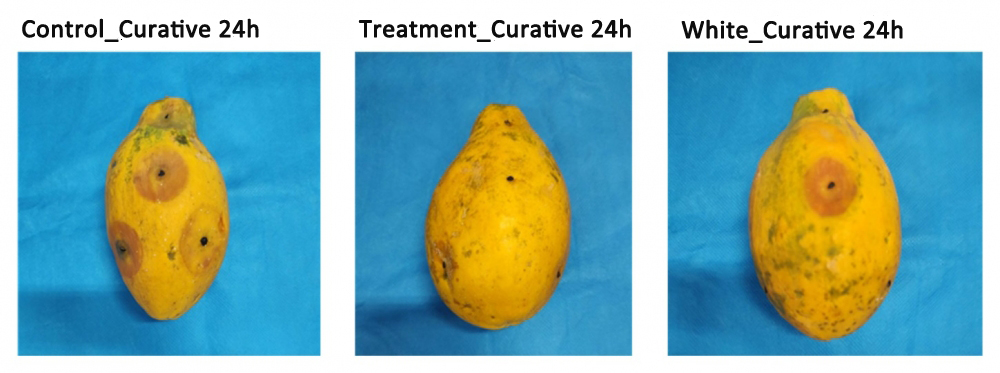
FAPESP-supported startup develops formulations based on bio-inputs to combat fungal infections and reduce the use of pesticides in fruit growing.
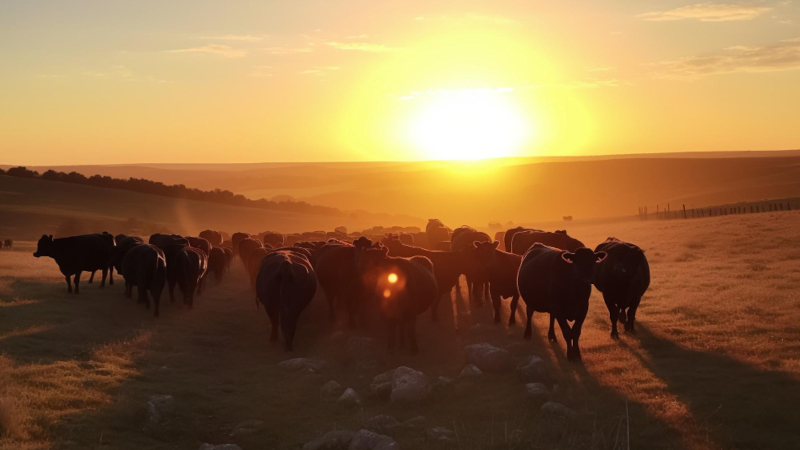
Research led by scientists at the University of São Paulo contributes to the formulation of strategies to prevent the collapse of animal protein production.
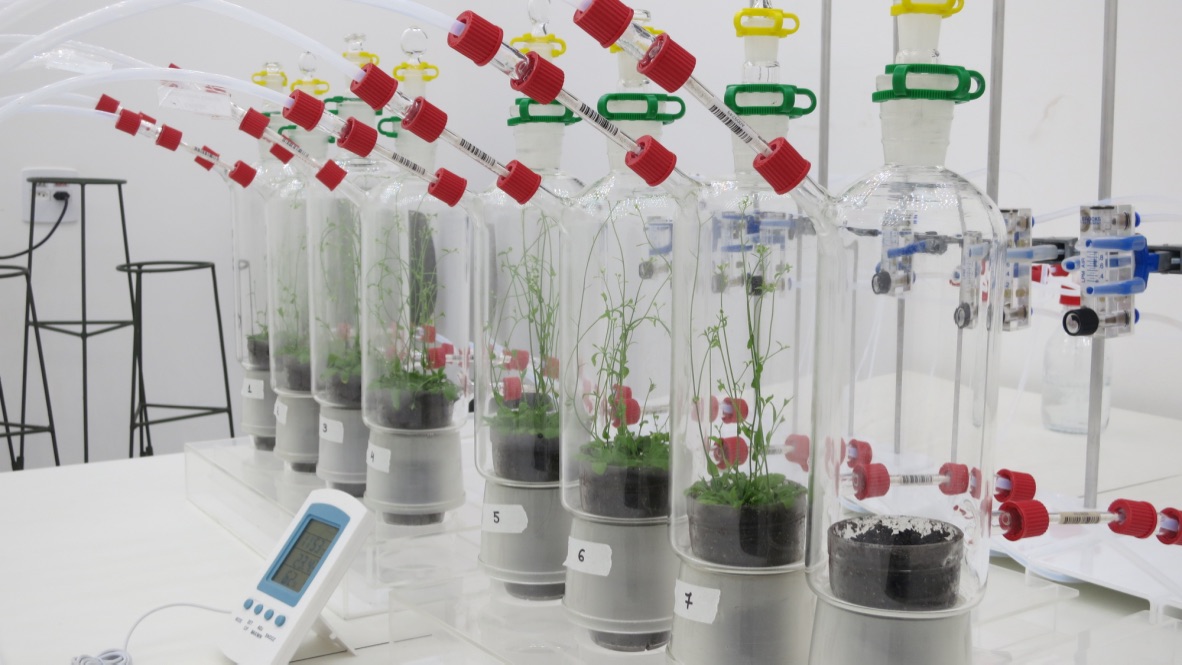
The compound is 100 times more effective than β-caryophyllene against the disease impacting orange groves in Florida and threatening citrus growers in the state of São Paulo, Brazil, the world’s largest orange producer.
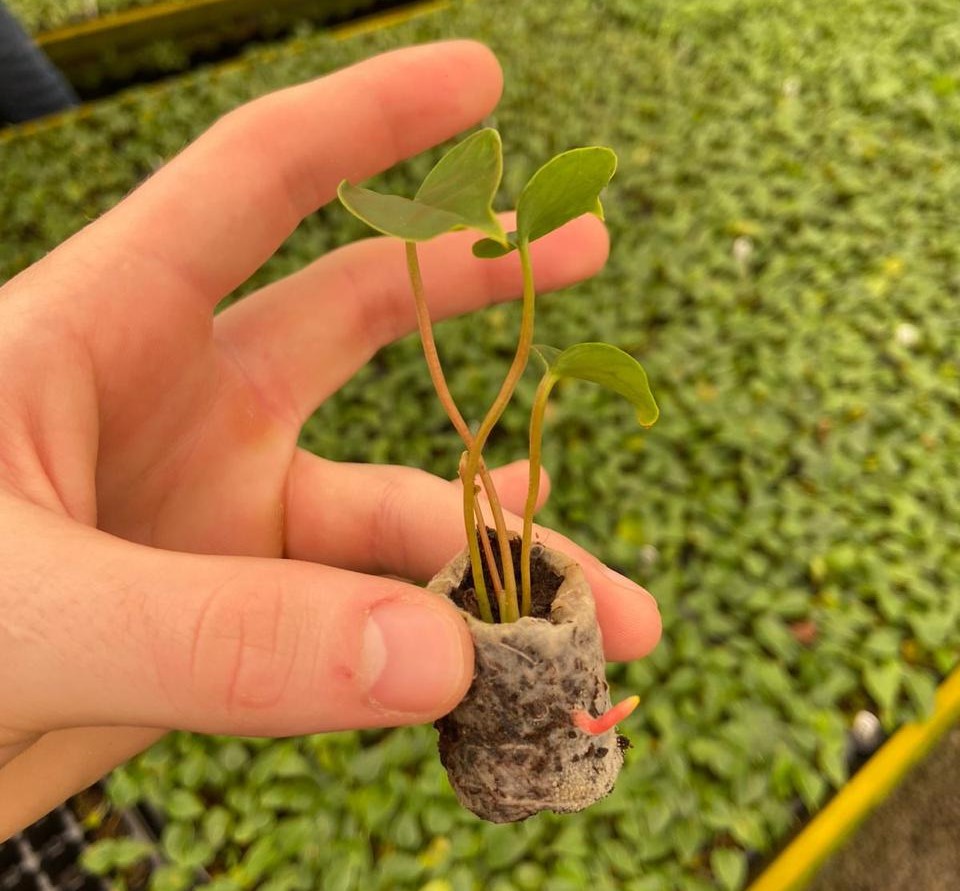
Film based on algae and nanocellulose created at the Federal University of São Carlos is safe for the environment, reduces nutrient loss, and could replace microplastics in agriculture.
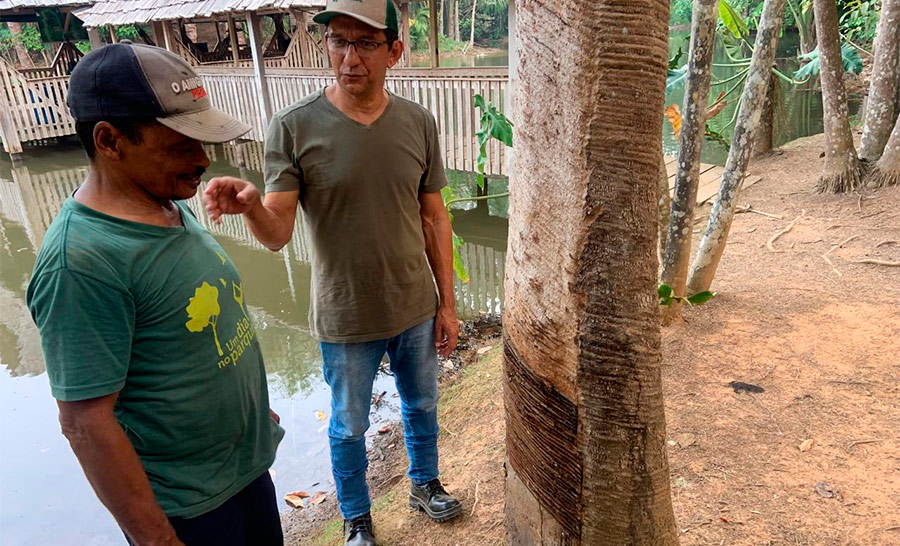
A project in the Chico Mendes Extractive Reserve shows that rubber provides adequate income to sustain livelihoods and conserve the forest. However, nut collection yields low pay, which contributes to the adoption of unsustainable practices such as extensive cattle ranching.